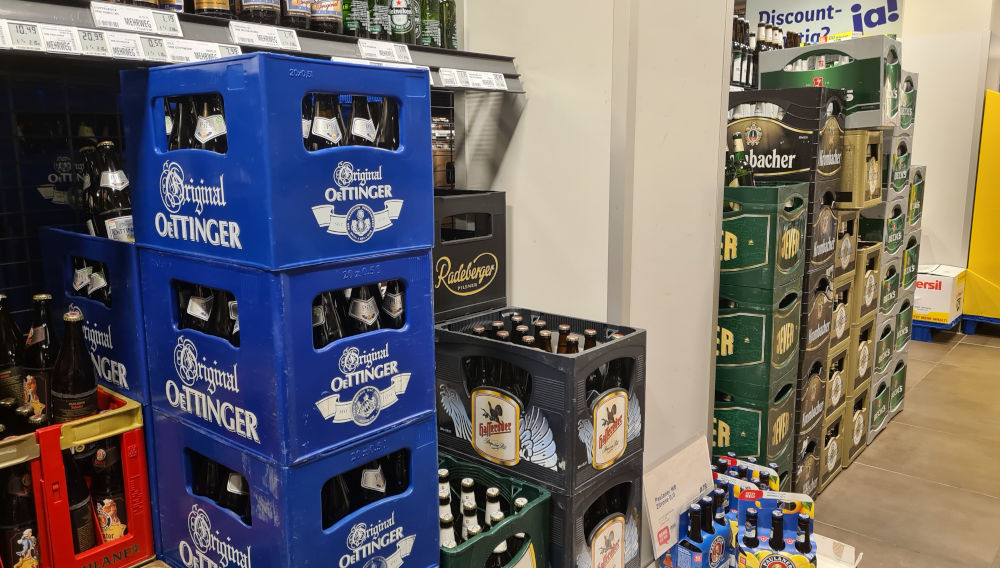New EU regulation risks destroying billions of reusable beer bottles
Belgium | The Belgian Brewers Association said that the EU's proposed regulation on packaging and packaging waste (PPWR) would force brewers to destroy refillable bottles as part of harmonisation rules. On 31 May it sent a letter to the European Parliament, which must vote on the regulation, to voice its concerns.
The European Commission is currently revising a directive from 1994, which seeks to reduce packaging waste. According to the new proposal, all packaging should be reusable or recyclable in an “economically viable manner” within the EU’s 27 member states by 2030.
However, reusable bottles, which are already in circulation in various national deposit schemes, would need to be smashed because, under the new legislation, all packaging must include an “indelible code” to trace the recycling of packaging materials.
A headache
This is the crux of the matter. Existing bottle deposit labels, like Germany’s, are made from paper, which are washed off before refilling.
Belgian brewers fear they may need to destroy up to 1.1 billion bottles, whereas German brewers would need to melt down billions more. This would include the more than 3 billion bottles used by Germany’s 1,500 breweries, as well as other bottles (eg reusable mineral water bottles), which are included in the deposit scheme.
Not only bottles would be affected by the regulation. Beverage crates would need to be redesigned, too. The EU’s plans envisage a reduction in air space between the transport packages.
These worries have been assuaged by the European Commission. The Commission said on 1 June that existing transport packaging systems, like Germany’s crates, will be exempt from the new regulation.
Numerous European countries have an effective bottle deposit scheme in place. This allows beer bottles to be returned, cleaned, and refilled up to 30 times. All of this has made the beer and beverage industry more sustainable and helped reduce the need for new packaging.
Keywords
packaging international beer market Belgium EU regulations
Authors
Ina Verstl
Source
BRAUWELT International 2023

